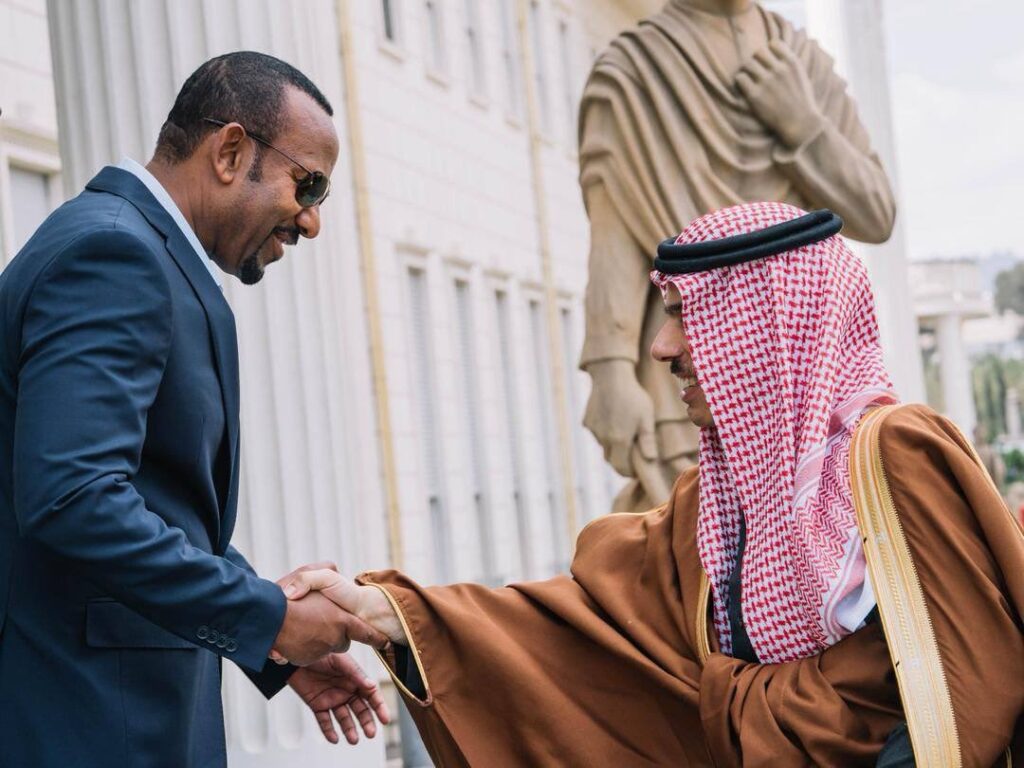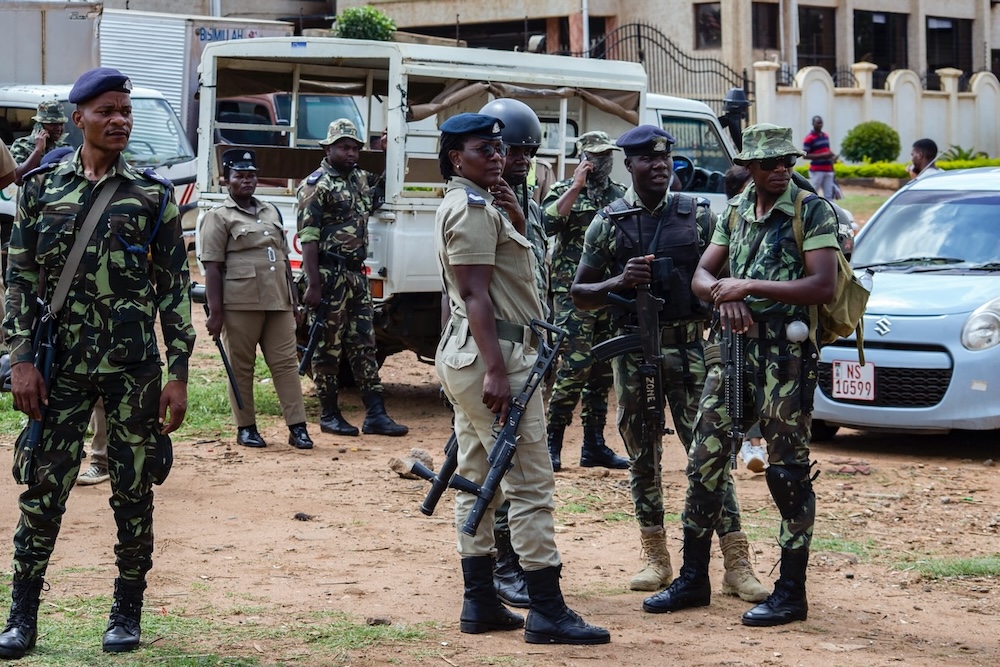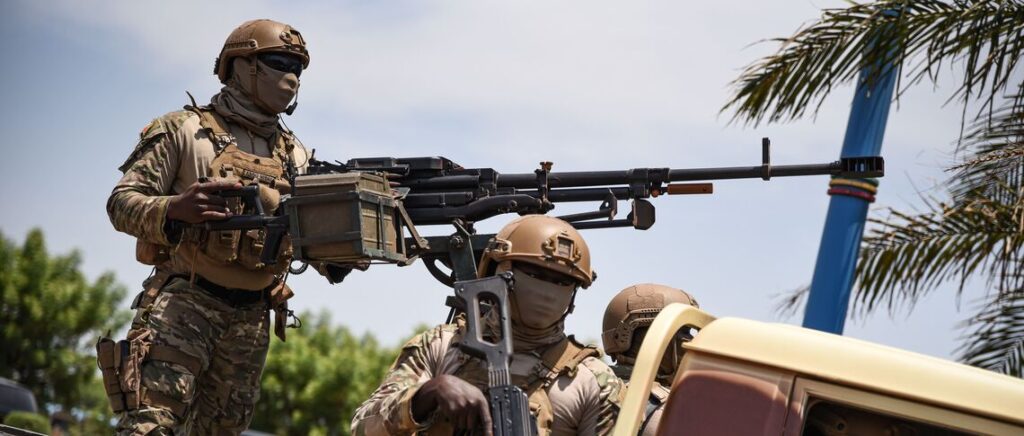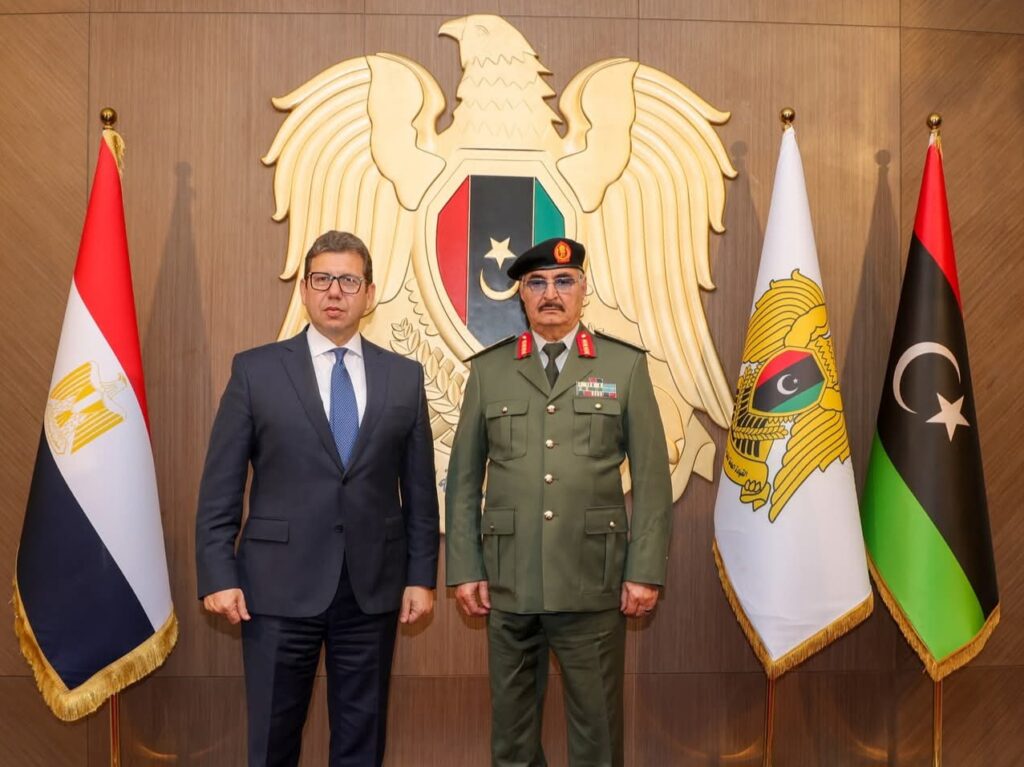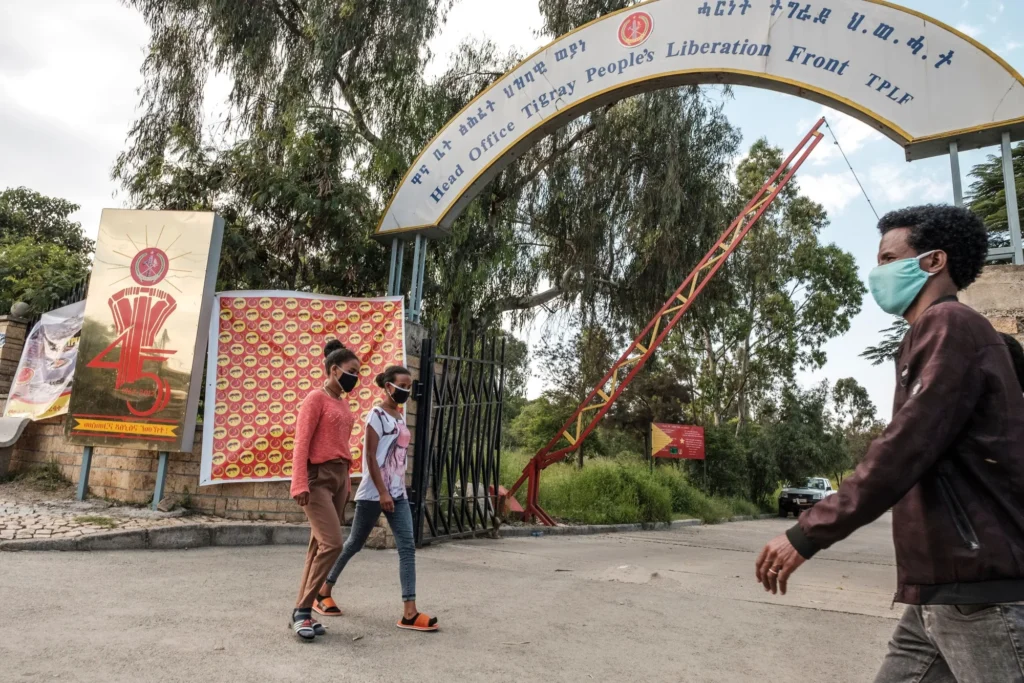
Ethiopia’s Tigray People’s Liberation Front (TPLF) has denounced a political ban by the national election board as a grave threat to peace.
The Election Commission on Wednesday formally deregistered the TPLF, citing its failure to hold a general assembly after months of suspension and warnings.
In a letter to the African Union, the TPLF urged pressure on the Ethiopian government to suspend the decision and uphold the 2022 peace deal.
The party claims the ban violates rights restored through the Pretoria Agreement, which ended a two-year civil war that killed 600,000 people.
Once dominant in Ethiopian politics, the TPLF led the nation from 1991 until 2018, when Prime Minister Abiy Ahmed sidelined the group.
Tensions reignited in 2020, plunging the country into a devastating conflict between the TPLF and federal forces until the Pretoria accord.
Although the peace deal ended hostilities, many in Tigray say its promises—especially the return of one million displaced people—remain unfulfilled.
The ban arrives amid renewed unrest in Tigray, including leadership struggles that ousted regional president Getachew Reda, now aligned with Addis Ababa.
Ethiopia is preparing for national elections by mid-2026, but the exclusion of Tigray’s main party could inflame regional discontent.
The TPLF may still apply for re-registration, though the political climate in Tigray remains volatile and deeply fractured.
Relations with neighbouring Eritrea, which shares a contested border with Tigray, have also soured, adding to the region’s instability.

